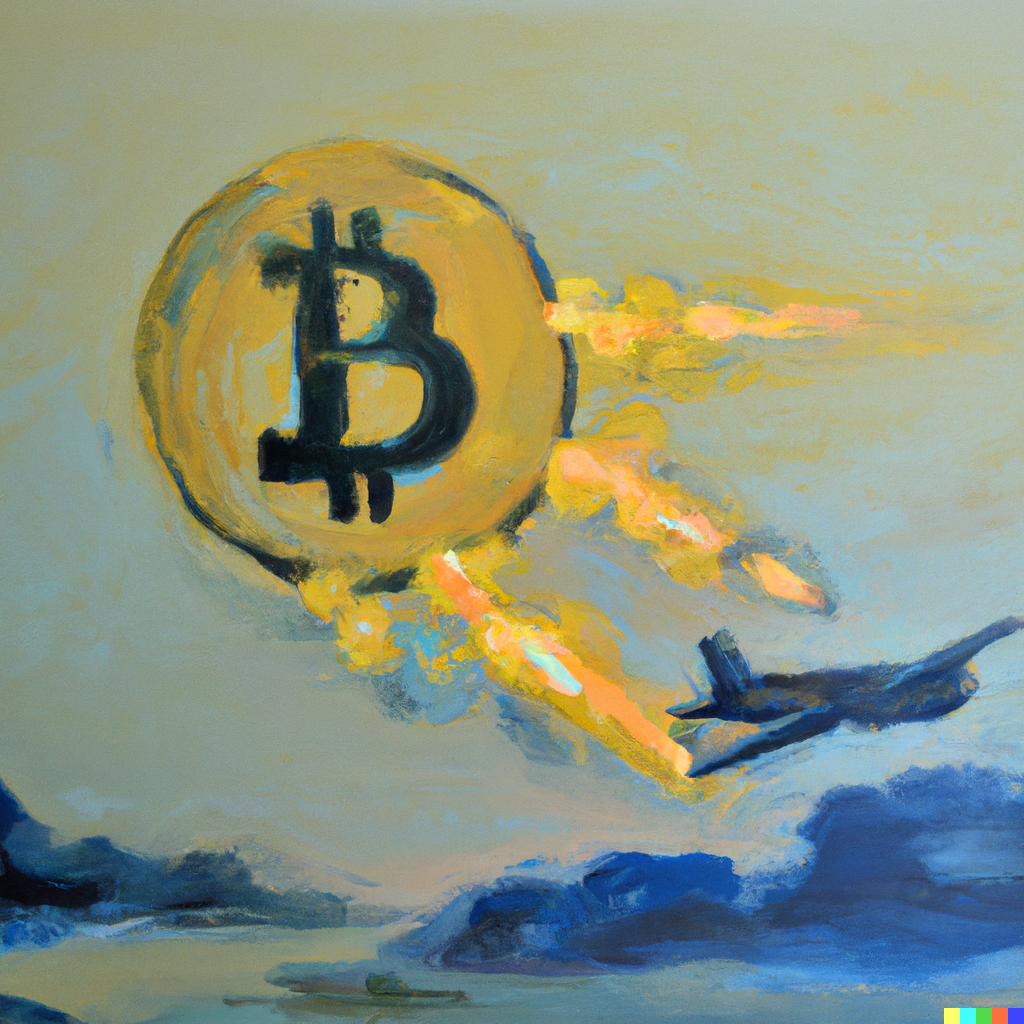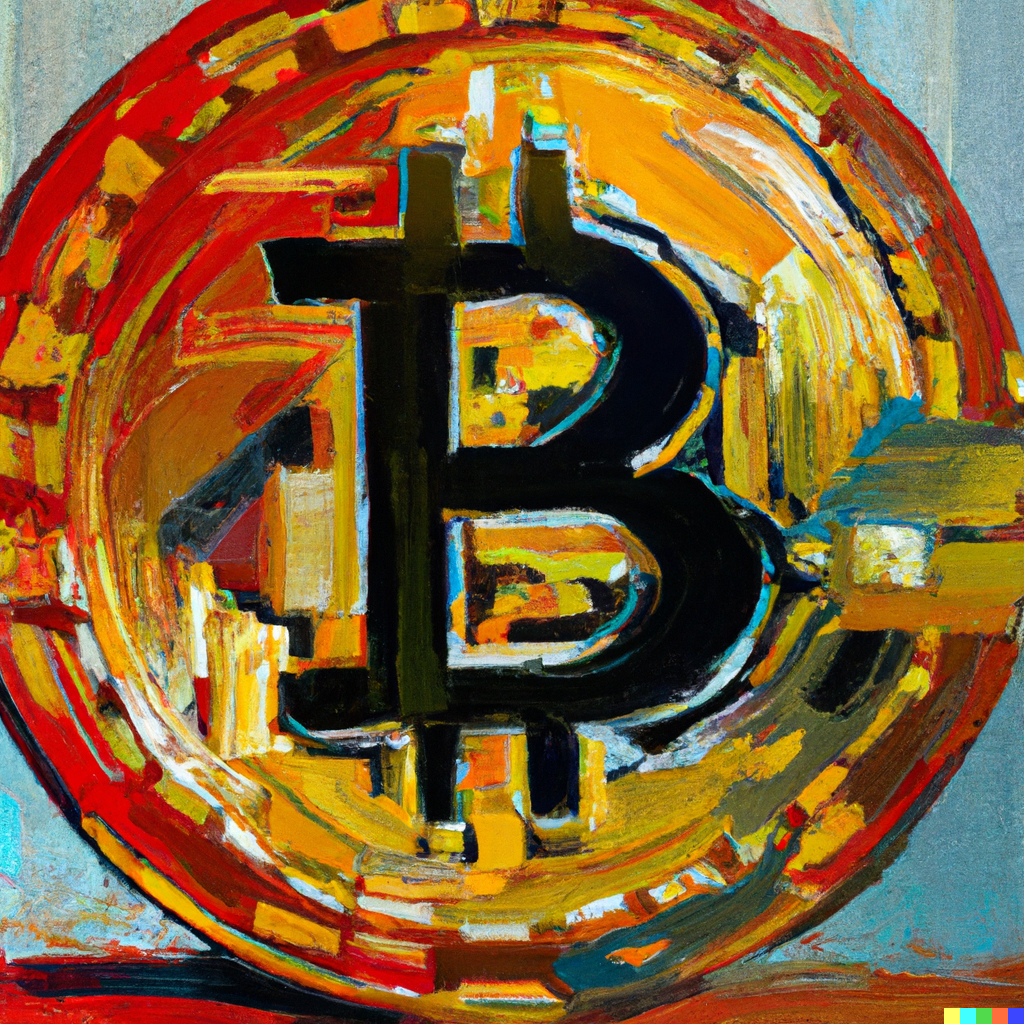The Role of Bitcoin in Making War Less Profitable

Many people believe that Bitcoin will end all wars because it eliminates the need for fiat currencies and government control. However, this is not necessarily true. Despite its decentralization and security features, Bitcoin cannot single-handedly put an end to conflicts and violence in the world. Nonetheless, it has the potential to make war less profitable and less likely by disrupting the traditional financial system and promoting a more equitable distribution of wealth. Let's explore how Bitcoin can change the dynamics of war by limiting the state's ability to fund military campaigns and empowering individuals to take control of their assets.
To understand how Bitcoin can transform the economics of war, we need to examine the role of money in financing military operations. Historically, governments have used their monopoly on currency issuance to print money out of thin air and fund wars and other ventures that benefit the ruling elite. This system allows the state to control the economy and manipulate people's money through inflation, taxation, and other monetary policies.
Bitcoin, on the other hand, is a decentralized network that operates independently of any government authority. It uses a public ledger called the blockchain to record and verify transactions, and anyone can participate in the network as long as they have an internet connection and a Bitcoin wallet. This means that Bitcoin is not subject to the same inflationary pressures and political influence as fiat currencies, which can be easily manipulated by those in power.

The scarcity of Bitcoin is also a key factor in making war less profitable. Unlike traditional currencies, Bitcoin has a finite supply of 21 million coins, of which only about 18 million have been mined so far. This means that Bitcoin is deflationary by design, and its value is likely to appreciate over time as demand outstrips supply. Therefore, anyone who holds Bitcoin is incentivized to hold onto it and not spend it frivolously or invest it in risky ventures like war.
Another way that Bitcoin can change the dynamics of war is by empowering individuals to control their assets and protect their wealth from confiscation or seizure by the state. In countries with oppressive governments or fragile political systems, owning Bitcoin can be a way to evade capital controls and protect one's savings from hyperinflation or currency devaluation. This is especially important in war-torn regions where traditional banking and financial services may be unavailable or unreliable.
Furthermore, Bitcoin can enable cross-border transactions and facilitate international trade, which can reduce the incentives for countries to go to war over resources or economic dominance. By eliminating the barriers to commerce and promoting a global economy, Bitcoin can help build a more interconnected and peaceful world.
In conclusion, Bitcoin may not end all wars, but it has the potential to make war less profitable and more challenging to finance. By creating a decentralized and deflationary monetary system, Bitcoin can limit the state's ability to print money and fund military campaigns while empowering individuals to control their assets and protect their wealth. While Bitcoin is not a panacea for the world's problems, it is undoubtedly a disruptive force that has the potential to transform the way we think about money and power. As more people adopt Bitcoin and other cryptocurrencies, we may see a shift towards a more equitable and peaceful society where wars are deemed unjustifiable.
